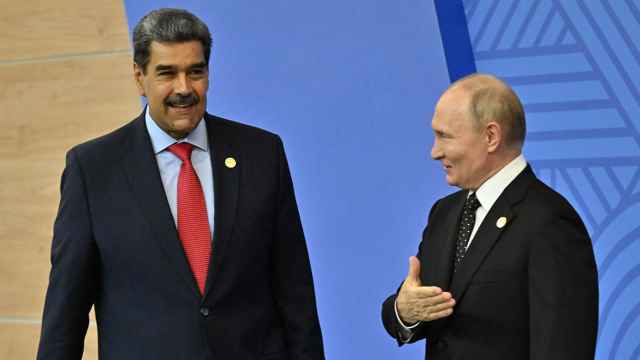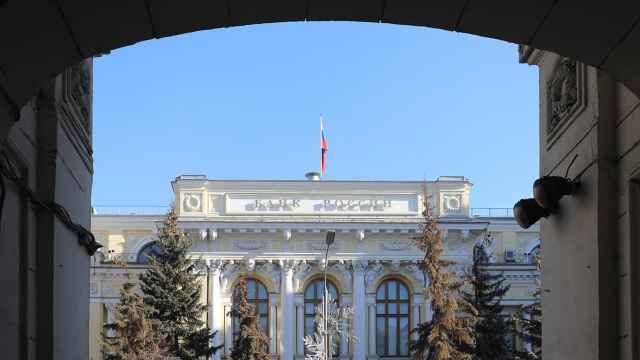TBILISI, Georgia — A former KGB chief and a human rights ombudsman faced each other in Sunday's runoff presidential election in Georgia's breakaway province of South Ossetia.
Leonid Tibilov, who led the region's KGB before falling out with the former local president, won more than 40 percent of the vote in the first round last month. Tibilov is expected to easily defeat his rival in the runoff, presidential human rights commissioner David Sanakoyev, who polled 25 percent in the first round.
South Ossetia depends entirely on subsidies from Russia, which recognized it as an independent state after the 2008 Russian-Georgian war and still has troops there. The ties with Moscow are expected to remain close no matter who becomes president of the province, which has a population of about 50,000.
Critics accused the government of the former president, Eduard Kokoity, of embezzling Russian donations, while thousands of South Ossetians continue to live in half-destroyed houses and apartment buildings with irregular water and electricity supplies.
South Ossetia first tried to elect a new president in November, when former Education Minister Alla Dzhioyeva appeared to have beaten a rival backed by the Kremlin and the former local president, but the results were disputed and a local court ordered a new vote.
A Message from The Moscow Times:
Dear readers,
We are facing unprecedented challenges. Russia's Prosecutor General's Office has designated The Moscow Times as an "undesirable" organization, criminalizing our work and putting our staff at risk of prosecution. This follows our earlier unjust labeling as a "foreign agent."
These actions are direct attempts to silence independent journalism in Russia. The authorities claim our work "discredits the decisions of the Russian leadership." We see things differently: we strive to provide accurate, unbiased reporting on Russia.
We, the journalists of The Moscow Times, refuse to be silenced. But to continue our work, we need your help.
Your support, no matter how small, makes a world of difference. If you can, please support us monthly starting from just $2. It's quick to set up, and every contribution makes a significant impact.
By supporting The Moscow Times, you're defending open, independent journalism in the face of repression. Thank you for standing with us.
Remind me later.






